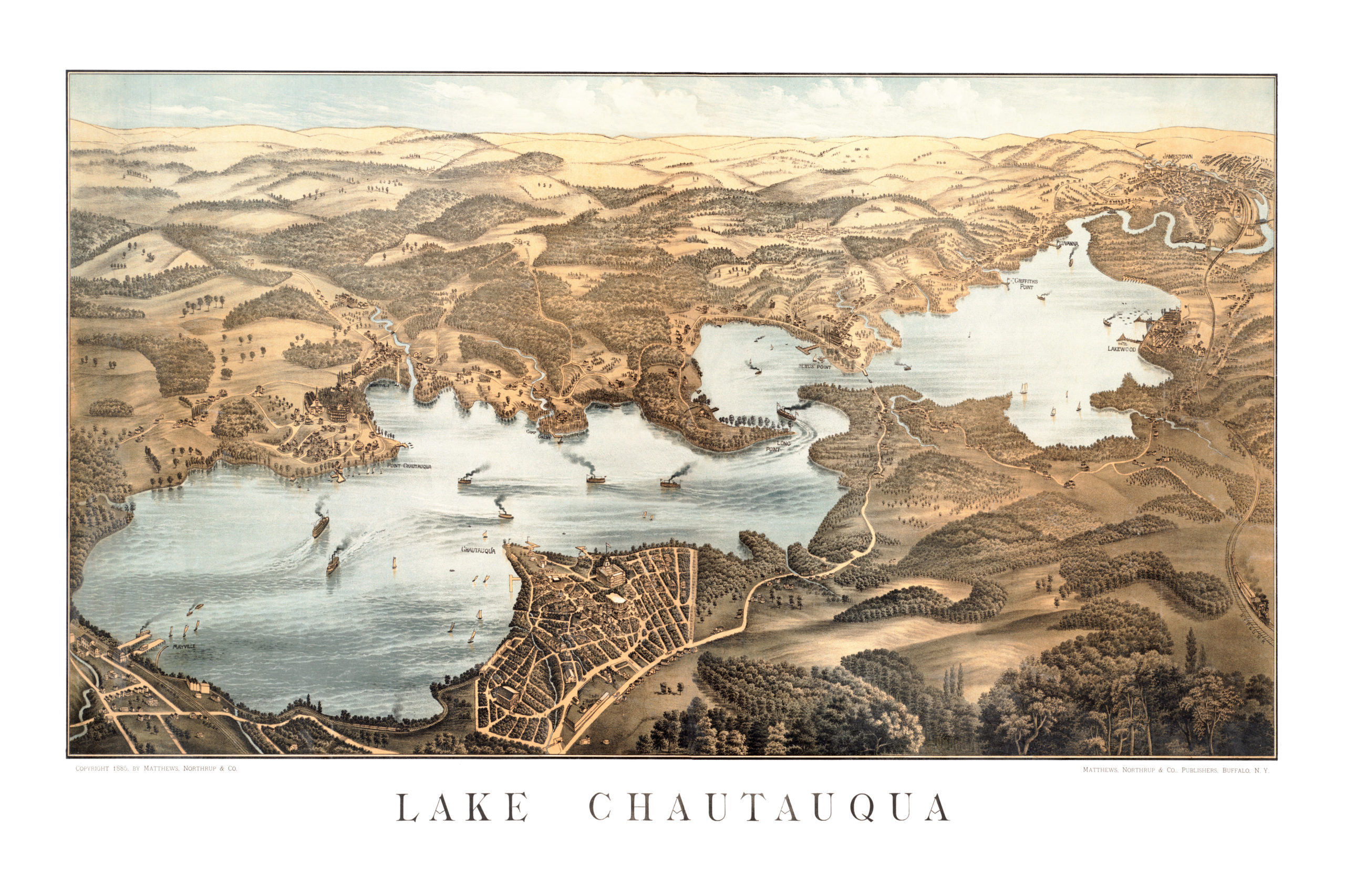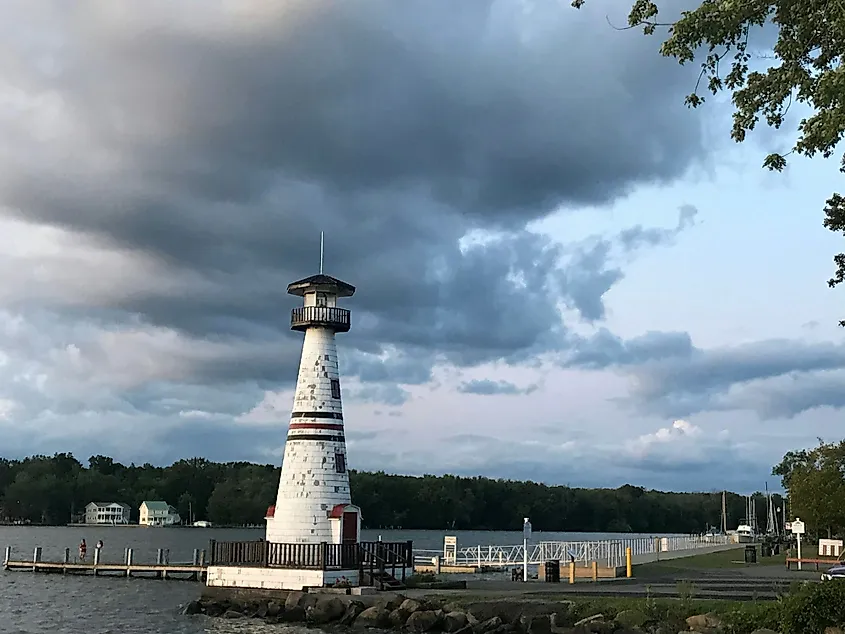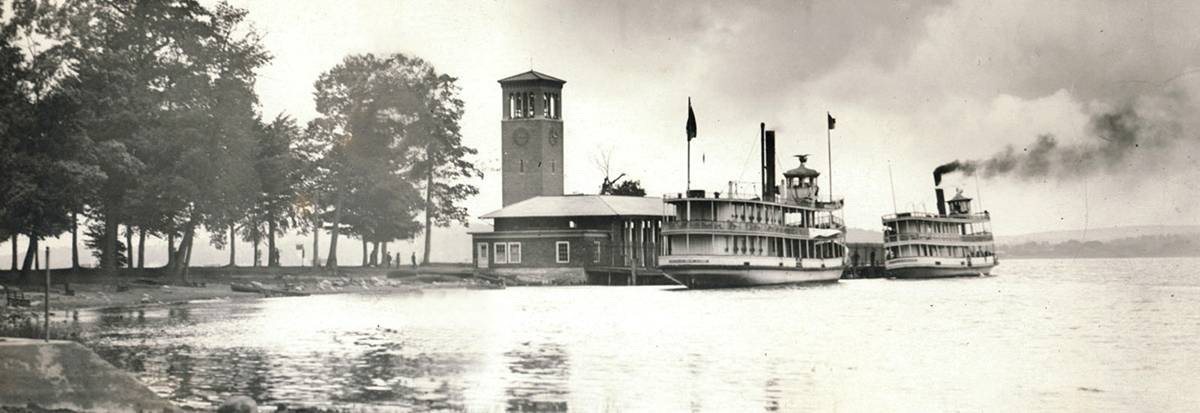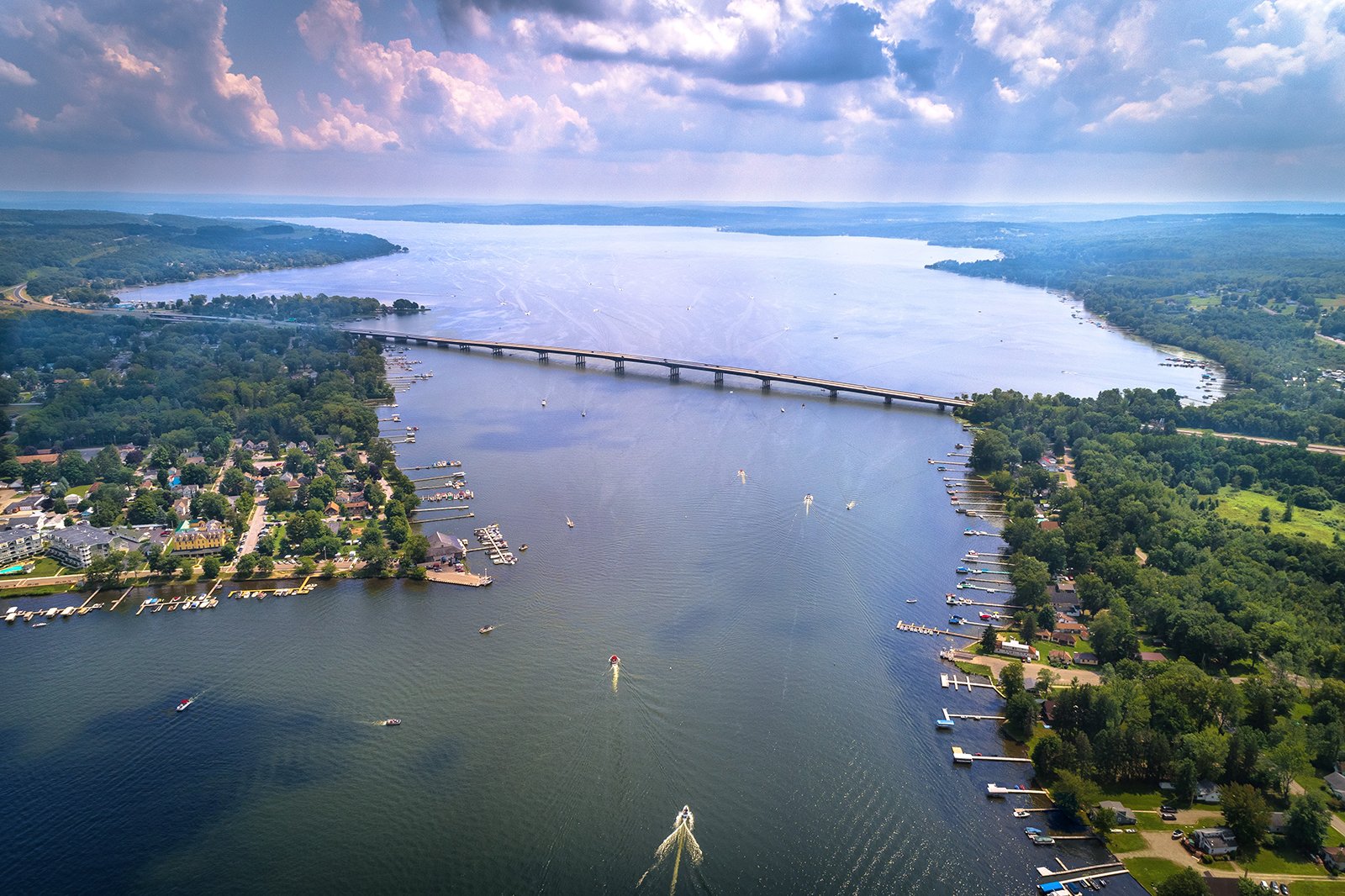Navigating the Waters of History and Recreation: An Exploration of Chautauqua Lake
Related Articles: Navigating the Waters of History and Recreation: An Exploration of Chautauqua Lake
Introduction
With great pleasure, we will explore the intriguing topic related to Navigating the Waters of History and Recreation: An Exploration of Chautauqua Lake. Let’s weave interesting information and offer fresh perspectives to the readers.
Table of Content
Navigating the Waters of History and Recreation: An Exploration of Chautauqua Lake

Nestled in the southwestern corner of New York State, Chautauqua Lake is a jewel of the region, renowned for its beauty, history, and recreational opportunities. Its unique geography, rich cultural heritage, and diverse ecosystem contribute to its enduring appeal. This article delves into the significance of Chautauqua Lake, exploring its physical characteristics, historical significance, recreational offerings, and the role it plays in the lives of the surrounding communities.
A Glimpse into the Geography
Chautauqua Lake, a long, narrow body of water, is the largest lake entirely within New York State. Its distinctive shape, formed by glacial activity during the last ice age, stretches for approximately 17 miles, with an average width of only 2 miles. The lake’s maximum depth reaches 124 feet, offering a diverse aquatic environment. Its waters are fed by numerous streams and tributaries, and the outflow is regulated by the Chautauqua Outlet, which connects to the Allegheny River and ultimately to the Mississippi River.
The lake’s shoreline is characterized by a mix of natural and developed areas. The western shore features a more rugged landscape, with steep bluffs and wooded hills, while the eastern shore is generally flatter and more populated. Numerous islands dot the lake, providing scenic vistas and secluded havens for wildlife.
A Tapestry of History
Chautauqua Lake has a rich history, dating back to the pre-colonial era. The Seneca people, who inhabited the region, considered the lake a sacred place, holding ceremonies and rituals on its shores. The arrival of European settlers in the 18th century brought significant changes, with the lake becoming a transportation route and a source of sustenance.
The name "Chautauqua" itself is derived from the Seneca word "Jada-qua-ra," meaning "a place where the fish are taken." The lake played a pivotal role in the development of the surrounding region, providing access to resources and facilitating trade.
In the late 19th century, Chautauqua Lake became a center of intellectual and cultural activity. The Chautauqua Institution, founded in 1874, emerged as a renowned educational and religious retreat, attracting renowned speakers, artists, and musicians from across the nation. This period marked a significant transformation for the lake, solidifying its reputation as a hub of learning and inspiration.
A Paradise for Recreation
Today, Chautauqua Lake is a popular destination for recreation and tourism. Its pristine waters offer a haven for boating, fishing, swimming, and watersports. The lake is home to a diverse array of fish species, making it a favorite spot for anglers. Kayaking, paddleboarding, and windsurfing are also popular activities, allowing visitors to enjoy the beauty of the lake from a unique perspective.
The surrounding region offers ample opportunities for hiking, biking, and exploring the natural beauty of the area. The Chautauqua Lake Greenway Trail, a scenic pathway that follows the lake’s shoreline, provides a leisurely way to experience the diverse landscapes and wildlife habitats.
A Vital Ecosystem
Chautauqua Lake is not only a recreational paradise but also a vital ecosystem. Its waters support a diverse range of aquatic life, including fish, amphibians, reptiles, and birds. The lake is home to numerous species of waterfowl, providing a crucial stopover point for migratory birds.
The surrounding watershed plays a vital role in maintaining the health of the lake. Land use practices, such as agriculture, development, and wastewater management, can significantly impact water quality. Efforts to protect the lake’s ecosystem focus on promoting responsible land management practices, reducing pollution, and maintaining healthy populations of native species.
Chautauqua Lake: A Legacy of Beauty and History
Chautauqua Lake is a remarkable body of water, embodying a rich history, vibrant culture, and diverse ecosystem. Its enduring appeal lies in its ability to provide a haven for recreation, education, and spiritual renewal. As a treasured resource for the surrounding communities, Chautauqua Lake continues to play a significant role in the lives of those who live, work, and play along its shores.
Frequently Asked Questions (FAQs)
1. What is the best time of year to visit Chautauqua Lake?
The best time to visit Chautauqua Lake depends on individual preferences. The summer months offer ideal conditions for swimming, boating, and watersports. The fall season brings vibrant foliage and cooler temperatures, perfect for hiking and scenic drives. Spring offers a tranquil atmosphere with blooming wildflowers and returning wildlife. Winter provides a unique perspective, with opportunities for ice fishing and snowshoeing.
2. Are there any historical landmarks or attractions near Chautauqua Lake?
Chautauqua Lake is surrounded by numerous historical landmarks and attractions. The Chautauqua Institution, founded in 1874, is a renowned educational and cultural center with a rich history. The Lakewood Rod & Gun Club, established in 1879, is a historic landmark known for its unique architecture and legacy in the sport of shooting. The Chautauqua County Historical Society offers exhibits and resources on the region’s history, including the role of the lake in its development.
3. What are the best places to stay near Chautauqua Lake?
There are various accommodation options near Chautauqua Lake, ranging from luxury resorts to cozy bed and breakfasts. The Village of Chautauqua, located on the lake’s western shore, offers a range of hotels, motels, and vacation rentals. The town of Mayville, situated on the eastern shore, provides a more relaxed atmosphere with quaint inns and cottages.
4. What are the best fishing spots on Chautauqua Lake?
Chautauqua Lake is known for its excellent fishing opportunities. Popular spots include the Chautauqua Outlet, the mouth of the Conewango Creek, and the areas around the islands. Common catches include bass, walleye, pike, and trout.
5. What are the best hiking trails near Chautauqua Lake?
The Chautauqua Lake Greenway Trail offers a scenic and leisurely way to explore the lake’s shoreline. Other popular hiking trails include the Cassadaga Lakes Nature Preserve, the Chautauqua County Fairgrounds, and the Long Point State Park.
Tips for Visiting Chautauqua Lake
- Plan ahead: Book accommodations and activities in advance, especially during peak season.
- Pack for all weather conditions: The weather in the Chautauqua Lake region can be unpredictable, so be prepared for sun, rain, and wind.
- Respect the environment: Practice Leave No Trace principles by disposing of waste properly and staying on designated trails.
- Be aware of water safety: Wear a life jacket when boating or swimming, and be mindful of water conditions.
- Explore the surrounding area: Chautauqua Lake is part of a larger region with numerous historical sites, cultural attractions, and natural wonders.
Conclusion
Chautauqua Lake is a multifaceted treasure, offering a blend of natural beauty, historical significance, and recreational opportunities. Its unique geography, rich cultural heritage, and diverse ecosystem contribute to its enduring appeal. Whether seeking relaxation, adventure, or a glimpse into the past, Chautauqua Lake provides a destination that caters to diverse interests and leaves a lasting impression. As a vital resource for the surrounding communities, Chautauqua Lake continues to inspire and enrich the lives of those who experience its magic.








Closure
Thus, we hope this article has provided valuable insights into Navigating the Waters of History and Recreation: An Exploration of Chautauqua Lake. We thank you for taking the time to read this article. See you in our next article!